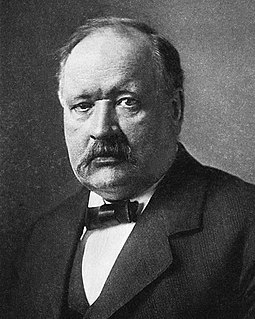A Quote by Plato
And tell him it's quite true that the best of the philosophers are of no use to their fellows; but that he should blame, not the philosophers, but those who fail to make use of them.
Related Quotes
In regard to the philosophers, if they be true philosophers, i.e., lovers of truth, they should not be irritated that the earth moves. Rather, if they realize that they have held a false belief, they should thank those have shown them the truth; and if their opinion stands firm that the earth doesn't move, they will have reason to boast than be angered.
Methodological naturalism gives advice to scientists about what they should include in their theories. There is a second type of methodological naturalism that gives advice to philosophers, which I call "methodological naturalismp." It says that the methods that philosophers should use in assessing philosophical theories are limited to the methods that scientists ought to use in assessing scientific theories.
To the best of my recollection, I became a philosopher because my parents wanted me to become a lawyer. It seems to me, in retrospect, that there was much to be said for their suggestion. On the other hand, many philosophers are quite good company; the arguments they use are generally better than the ones that lawyers use; and we do get to go to as many faculty meetings as we like at no extra charge.
I think one reason is that philosophers are more insecure to speak accessibly because non-philosophers are skeptical that philosophers have any special expertise. After all, all people - not just philosophers - have attitudes and points of view on various philosophical questions, and they rather resent being told that there are professionals who can think about these things better.
If I am mistaken in my opinion that the human soul is immortal, I willingly err; nor would I have this pleasant error extorted from me; and if, as some minute philosophers suppose, death should deprive me of my being, I need not fear the raillery of those pretended philosophers when they are no more.
Confronted with such a variety most philosophers try to establish one approach to the exclusion of all others. As far as they are concerned there can only be one true way- and they want to find it. Thus normative philosophers argue that knowledge is a result of the application of certain rules, they propose rules which in their opinion constitute knowledge and reject what clashes with them.
Many philosophers say it's impossible to explain our conscious experience in scientific, biological terms at all. But that's not exactly true. Scientists have explained why we have certain experiences and not others. It's just that they haven't explained the special features of consciousness that philosophers care about.
At first sight nothing seems more obvious than that everything has a beginning and an end, and that everything can be subdivided into smaller parts. Nevertheless, for entirely speculative reasons the philosophers of Antiquity, especially the Stoics, concluded this concept to be quite unnecessary. The prodigious development of physics has now reached the same conclusion as those philosophers, Empedocles and Democritus in particular, who lived around 500 B.C.E. and for whom even ancient man had a lively admiration.









































